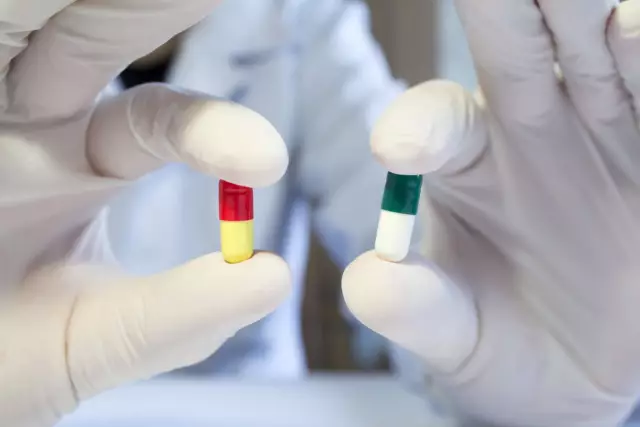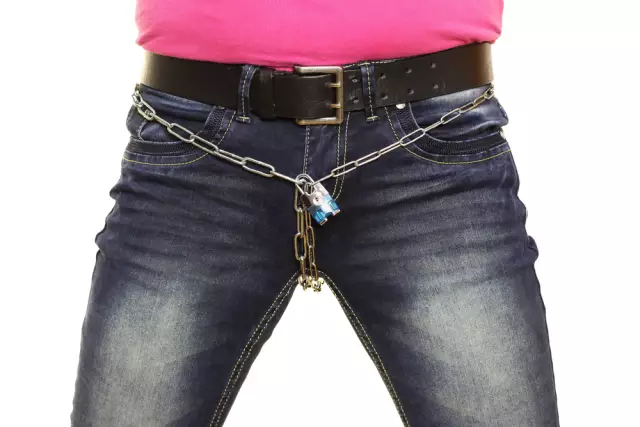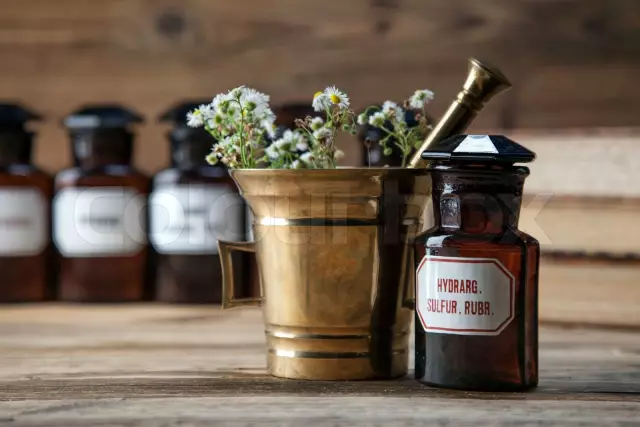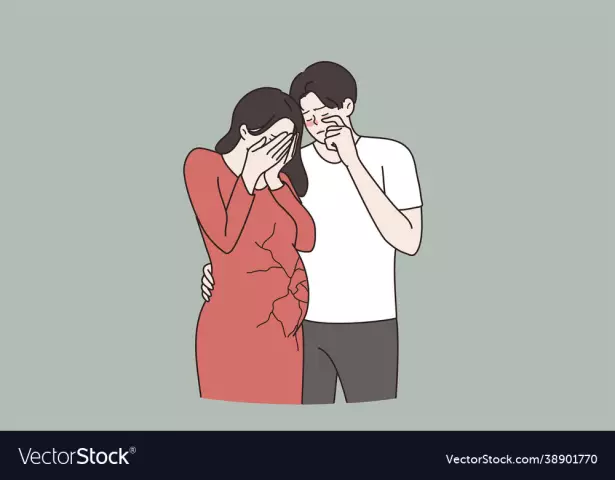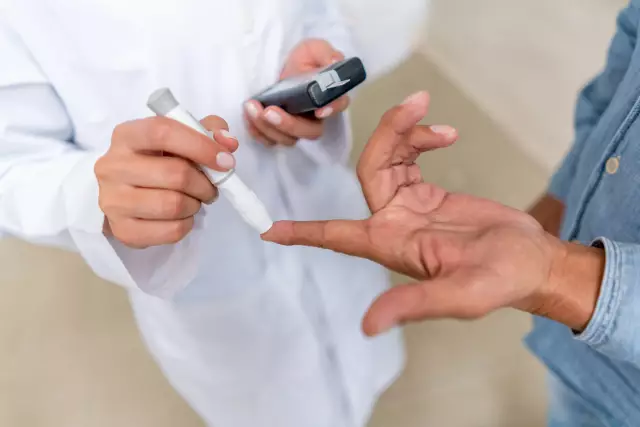- Author Rachel Wainwright wainwright@abchealthonline.com.
- Public 2023-12-15 07:39.
- Last modified 2025-11-02 20:14.
What medicines should you always have in your home?

If every time you open the cabinet door, an avalanche of packages and jars with all kinds of medicines falls on you, then it's time to go through everything and throw away the excess without regret. First of all, all expired medicines, as well as those whose name you do not associate with anything, should go to the trash can. Only the most essential drugs should be in the home medicine cabinet. Which ones?
As practice shows, the most necessary medicines will easily fit in a cardboard box with a lid. They can even be arranged in separate compartments. That's right, because a well-assembled first-aid kit is designed to help in emergencies, and not to cause confusion. Ideally, a first aid kit should look like this:
1. Dressings
The first aid kit must have cotton wool and bandages. It is generally desirable to have a bandage of two types:
- non-sterile, for dressings for dislocations and fractures;
- sterile, for dressing wounds.
A rubber tourniquet will not be superfluous, with which you can stop arterial bleeding.
2. Antiseptics
- Hydrogen peroxide, which is used to mechanically flush wounds, stop blood and cleanse wounds of pus and other organic matter. Also, in small quantities, it is useful in the household, for example, for washing things that do not tolerate chlorine.
- Potassium permanganate. It will help cleanse heavily contaminated wounds and flush the stomach in case of mild food poisoning.
- Iodine. It will protect the wound from germs. Zelenka works too, but although it works faster than iodine, it dries the skin too much. But brilliant green can be safely used to limit strawberry tendrils. Although this is a little off topic. You should know that neither brilliant green nor iodine can be poured onto a deep wound, it threatens to burn deep tissues.
3. Remedies for bruises and burns
If you get burned, you must first hold the burned place for 10-15 minutes under cold running water, after which such medicines as Bepanten, Panthenol and other medicines based on dexpanthenol will come in handy.
Arnika, Rescuer and Troxevasin will help with bruises. And the badyag will quickly relieve bruises in the form of a mixture with vegetable oil or gel. Badagu is also successfully used to treat traces of acne. For this, hydrogen peroxide is mixed with a badyag in a 1: 1 ratio and the mixture is applied to the affected areas for ten minutes.
4. Preparations for colds
If you prefer to use vasoconstrictor drugs for the common cold, then in your first-aid kit there should be a remedy such as "Naphtizin", "Sanorin", "Galazolin" or "Nazivin". If you prefer not to use them, then the Gold Star inhaler pencil is perfect. It will not only help you regain your free breathing, but will also allow you to plunge into childhood memories.
Strepsils, Hexoral-spray or Ingalipt will help get rid of a sore throat.
For dry cough, you can use the following drugs: "Stopussin", "Mukaltin", "Pectusin", "Pectosol" or "Bronchicum".
5. Antipyretic drugs
Antipyretic medicines should be used only when the body temperature is above 39 degrees. Children can use an antipyretic if the temperature reaches 38.5 degrees. In other cases, you should not abuse such drugs as Nurofen, Paracetamol, Efferalgan. They prevent the body from fighting infection on its own.

6. Pain medications
To get rid of a headache, toothache or joint pain, it is recommended to take an ibuprofen or paracetamol tablet, such as Nurofen. If the pain is severe, apply Pentalgin. "Analgin" modern medicine does not recommend using it, as it irritates the mucous membrane.
For spasms, you can use "Baralgin", "No-shpu", "Spazmalgon" or "Novigan". And with painful menstruation, rectal suppositories with diclofenac, for example, "Voltaren", will help.
Do not be superfluous in the home medicine cabinet for heart pain, such as "Corvalol", "Validol" or "Valokardin".
7. Medicines to improve digestion
In case of digestive problems, Enterosgel, Polyphepan, and Regidron will help you. For food poisoning, take activated charcoal. With heaviness in the stomach and gastric disorders - "Festal" or "Mezim". In case of diarrhea, keep in the first-aid kit "Imodium", and in case of constipation, "Regulax", "Senadexin" or "Tisasen" will help.
If you often suffer from heartburn, then in your home medicine cabinet should be "Rennie", "Maalox" or "Almagel".
8. Antihistamines
Even if you've never had an allergy, it doesn't hurt to keep your antihistamines in your home medicine cabinet. Allergy is an insidious thing, and it can arise completely unexpectedly as a reaction to seemingly completely harmless products or things. At the same time, literally in a matter of minutes, she can reach edema or even anaphylactic shock. Therefore, stock up on emergency "Claritin", "Suprastin", "Diphenhydramine" or "Tavegil".
And, of course, pipettes, a thermometer, heating pads, and a rubber bulb must be present in your first-aid kit just in case.
And it is not worth saving. If the medicine has expired, or the integrity of the package has been broken, and a precipitate has formed at the bottom of the solution, feel free to throw these drugs away. Indeed, instead of the expected benefit, they can cause irreparable harm to your health. And health is priceless.
Found a mistake in the text? Select it and press Ctrl + Enter.

